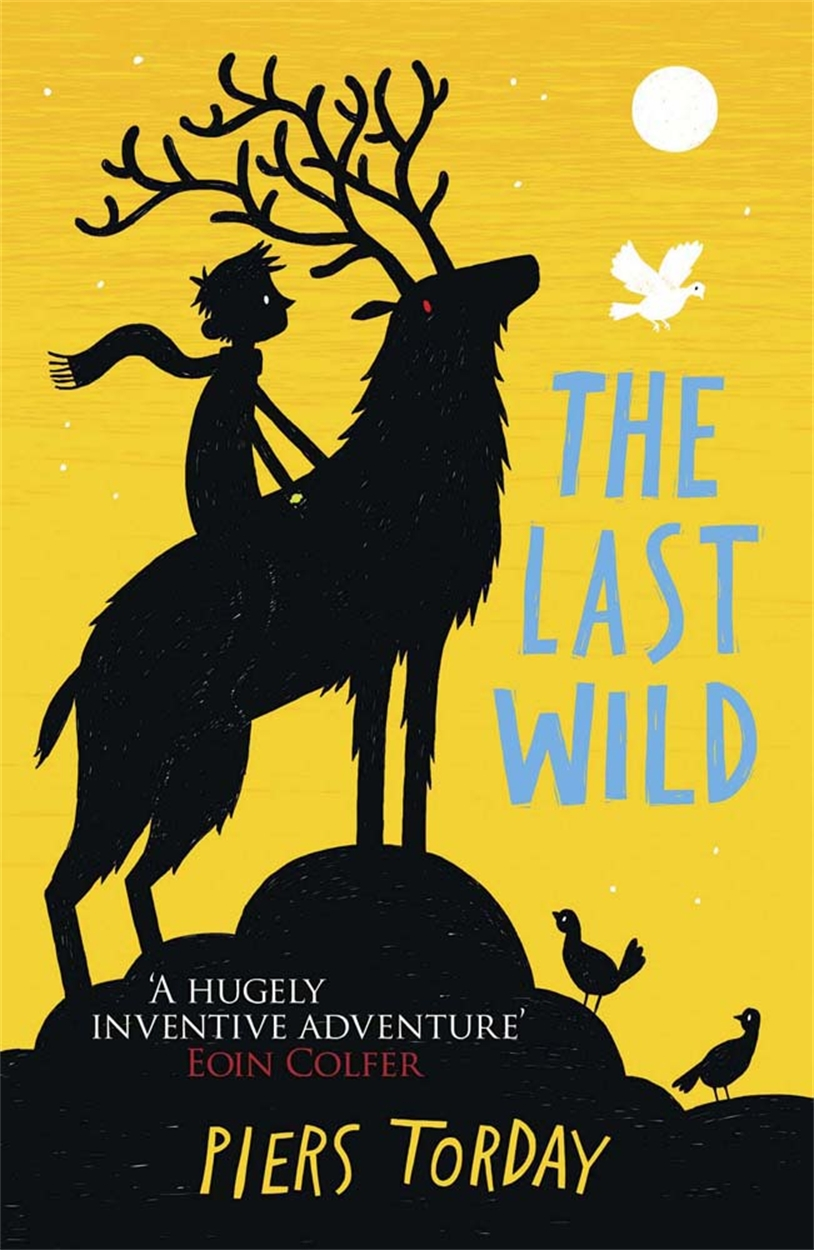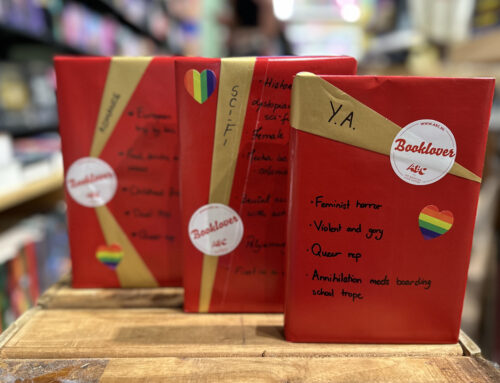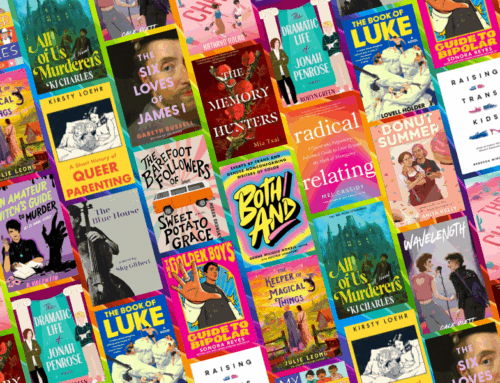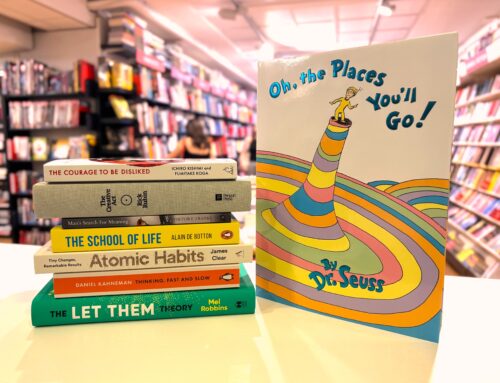The book buyer: Lynn Kaplanian-Buller interviews Lília Visser
Lilia is a seasoned ABC book buyer. Asked how she would define a good one, she says the most important characteristic for book buyers is listening to customers. Besides that, a book buyer must keep an eye on what sells, its availability and how to order it with the best margin. It’s also important to stay abreast of what’s being released. Lilia says how books are presented is also a way of “talking” with customers, while watching what they buy is a way of listening to them.
Does book buying ever get tedious? “No!,“ says Lília emphatically, “but sometimes it is stressful.” She buys for several ABC sections, and completing all the orders on time is sometimes challenging. Lília’s favorite is the crafts section, but she also loves her romantic fiction and children’s book sections.
Lília gets lots of questions from her young customers, leading her to order new series for the store that then become bestsellers on their own.
“I grew up in Brazil, so I didn’t know as many authors of children’s literature in English when I started as a book buyer,” she says. “When my young customers ask for an author I don’t know about, I will check out the author and their books. And sometimes customers offer a tip, which I humbly accept. I might be a good book buyer, but I’m not 12 anymore. That’s how I learned about Piers Torday and his The Last Wild trilogy, a great series that’s still a favorite.”
With an enthusiastic sign-off, Lilia goes back to ordering books, a smile on her face.
The bookseller: Lília Visser interviews Lynn Kaplanian-Buller
As ABC’s owner, Lynn knows a lot about bookselling and all its processes. These days, she trains her booksellers instead of selling books herself. I asked her what she considers the trademarks of a good bookseller. Her answer might surprise you, but, as always, is right on the mark.
The most important characteristics of a good bookseller, says Lynn, are contact, willingness to listen to what customers want and allowing them to make their own choices. “You need to look the person in the eye, show them that you’re engaged and listening to their questions. Pay attention to their body language and what they’re looking at. Offer help without imposing it. For example, ask them something engaging like: ‘Is there anything I can help you with, or would you rather look around on your own?’ instead of just the usual ‘Can I help you?’ Eye contact is usually a really good start to show customers you’re paying attention to both them and your surroundings, that you’re alert and willing to spring to help whenever they come with a question.”
Lynn says you can also help conversations along by posing a two-pronged question rather than an open question or a question that can be answered with a simple yes or no. Some examples:
“Are you looking for something for yourself or for someone else?“
“Does this person prefer to read fiction or nonfiction?”
“Would a new political biography or a classic crime novel be more appealing to you?”
All these kinds of questions show interest without being pushy, and they help booksellers gather information on what a customer would like so you can home in on just the right title.
“We also always teach booksellers to touch the books,” says Lynn. “Straighten them, turn them face-out, even just take them out and look at the cover again. Not only will you remember the title better, but books that are touched take on more glow and are more appealing. Really. Try it!”





